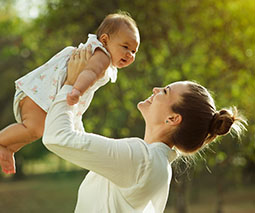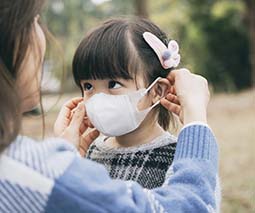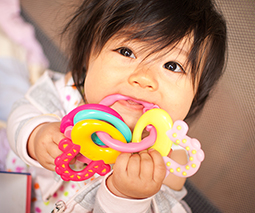Please, stop saying there’s something wrong with my child
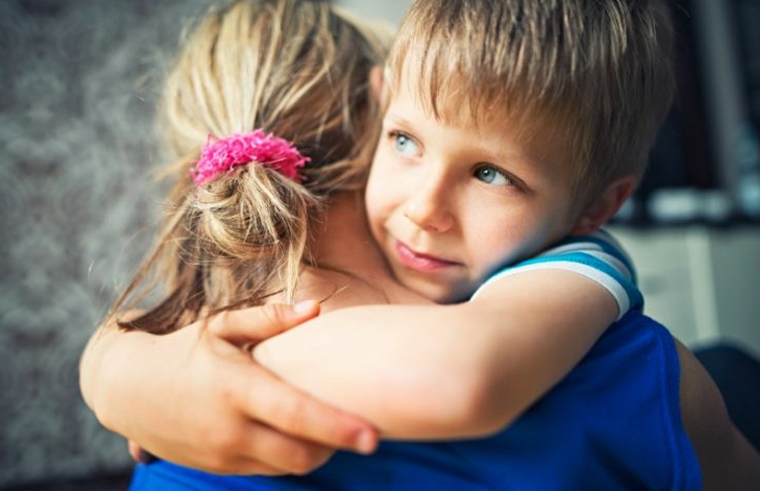
As a parent we want our children to be healthy and normal, but what IS normal? My child is hilarious, smart and kind, yet is also quirky and challenging. Does that mean there’s something wrong with him though? I think not, but unfortunately others don’t agree with me.
Happy beginnings
A super happy and ‘switched on’ baby, it was when my son entered the challenging toddler phase that things started to shift. The ‘terrible twos’ aren’t called that for no reason and my husband and I experienced the full brunt of it hard. The arrival of a sibling and a few other big changes like daycare and refusing day sleeps didn’t help matters either, but we just tried to survive our way through the tantrums and defiance.
Daring to be different
As my son grew a bit older and his speech and other things developed, we started to realise that he was a little bit different to the majority of other kids his age. He didn’t seem to play with other children as much, preferring to go off by himself and do things individually. He also didn’t want to do what he was told at home or daycare, shied away from group activities and games like pass-the-parcel at parties, and often didn’t respond to greetings or questions from people other than his family.
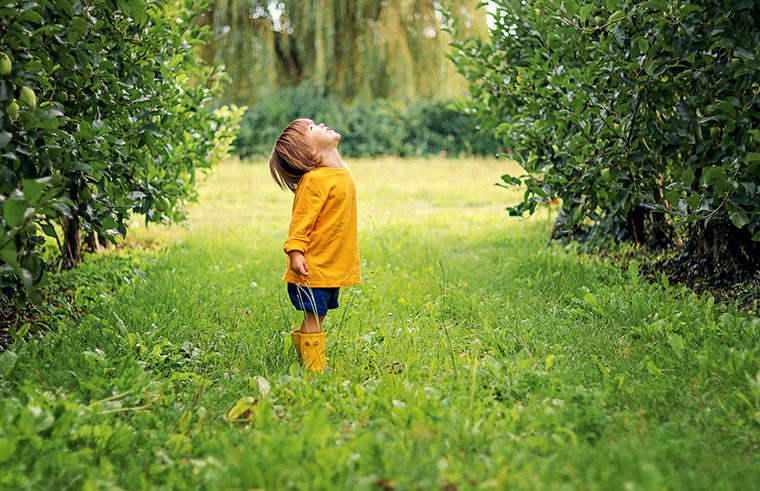
We didn’t think too much of it, we thought perhaps he was shy or an introvert. But then we started to see an increase in his challenging behaviour. ‘Okay, so he’s super stubborn,’ we thought. We also began to see a direct correlation between not enough sleep and poor behaviour, so tried hard to work on that at home.
Is there something more going on here?
By now it was quite obvious to those around us or spending time with my son, that he was a little bit more ‘challenging’ than some other kids and was struggling. Where was the little boy who was always smiling? And that’s when the opinions started. I had family members, friends and daycare and swimming teachers all question whether my son was actually not just going through a phase, but had a condition like autism, sensory processing disorder, Asperger’s syndrome or ADHD (attention deficit hyperactivity disorder) instead.
I didn’t think so and felt very upset, but maybe they were right? Were we in denial? Perhaps our son DID have special needs? We wanted to help him (and our family) and so decided to get him assessed and see various specialists to rule everything out. The result was no diagnosis other than he perhaps needed a bit of help with his behaviour in order to break down some of his resistance to instructions and help him gain more confidence and be more relaxed (and therefore happy).
Trying different things
So we worked on a number of things with him (externally and at home), but we weren’t convinced he was benefiting from the professional help so we soon dropped the occupational therapy and other experts. The biggest improvements came through an increase in sleep, and an amazing daycare teacher who really took him under her wing.
Rather than putting him in the same box (so to speak) as all the other kids in the class, she recognised that he liked to do things differently and communicated with him on a different level that he responded to so well. Suddenly he was doing things he’d never wanted to do before and becoming more socially confident and less challenging – and I believe it was because he was more rested and finally being understood.

Understanding the difference
Unfortunately teachers move on and sleep battles can rear their ugly heads again, so as more time passed my son slipped his guard back on and continued to be both challenging and different. I do very much blame myself for not having more patience to help him with these struggles (tantrums are so much more exhausting when they’re not two anymore), but this is something my husband and I are working on.
He’s now at school and we continue to have lots of ups and downs, with suggestions still occurring every now and then that he ‘has something.’ We however don’t agree. Yes of course a lot of children do have special conditions and require extra help, but for others perhaps they don’t need medication or a fancy label or diagnosis, but just more patience and acceptance.
By now we’ve come to have more understanding for our special and very individual son. He is affectionate, really smart and knows exactly what he likes – amazing traits for when he gets older. So what if he prefers smaller groups to large crowds? And yes it would make everyone’s lives a whole lot easier if he conformed to the school system and did exactly what he’s supposed to do at the right times, but perhaps in the long run this will work to his advantage? The problem is, he’s not consistent with his behaviour which teachers hate because it’s unpredictable.
We’re not raising robots
I just wish people would stop seeing ‘different’ or ‘odd behaviour’ (i.e. not the same as everyone else) as bad. Doing things uniquely shouldn’t be a crime, but unfortunately our Australian school system doesn’t allow for this. Maybe he’s a child that would have thrived better with home schooling or growing up in Switzerland? Who knows.
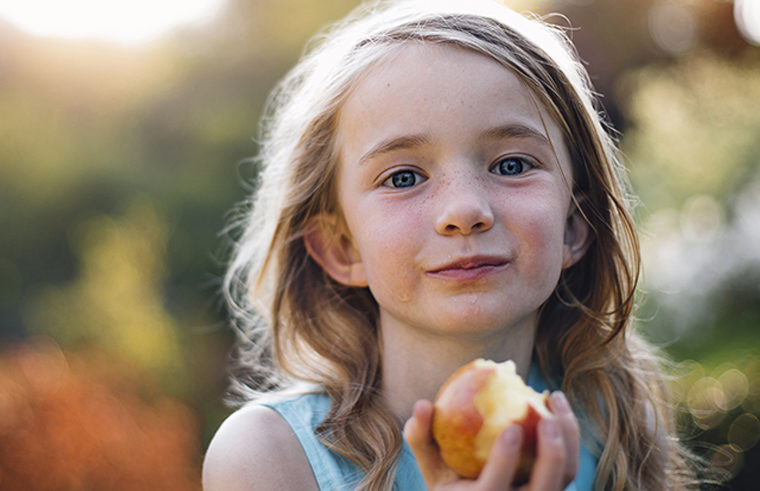
All I know is that I don’t want to raise robots, I want to encourage individuality and unique traits from my children, even if it ruffles a few feathers along the way. But I also want my son to be happy, to learn as much as he can and not struggle as he often does.
At the moment we’re trying to remember to be more patient with him than we need to be with our other child, working out different systems for getting chores and homework done, asking more questions, spending more one-on-one time with him and encouraging his interests.
As long as my son feels understood, safe, happy and supported by his family; then there’s nothing wrong with that. And when people try and suggest there is? I’ll just ignore them. Aren’t we all a bit weird after all?
Has anyone ever tried to say something is wrong with your child when you feel there isn’t?
*This post was written anonymously due to the sensitive and personal nature of the topics discussed.
